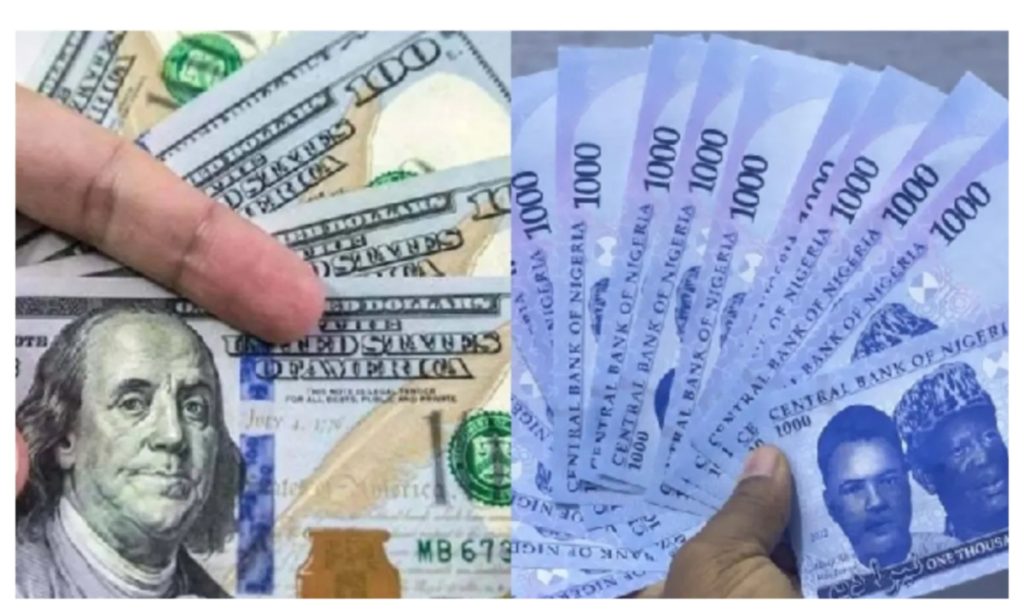The Nigerian government has recently unveiled a groundbreaking policy aimed at tackling inefficiencies in the country’s import and export sector, with the goal of recouping over $4 billion lost due to bureaucratic hurdles.
President Bola Tinubu officially launched the initiative at the Presidential Villa in Abuja, assembling a team of experts from various government ministries and agencies. The committee includes representatives from the Federal Ministry of Finance, the Marine and Blue Economy sector, the Ministry of Transportation, the Ministry of Trade and Investment, the Federal Inland Revenue Service, and several other key organizations.
At the core of this policy is the National Single Window Steering Committee, which will spearhead efforts to digitize trade processes in real-time. The implementation of the National Single Window project is expected to streamline trade operations and boost the country’s paperless trade volume by $2.7 billion.
President Tinubu emphasized the urgency of addressing the systemic issues that have been plaguing Nigeria’s trade landscape, stressing that the country cannot afford to continue hemorrhaging billions of dollars annually to red tape and corruption. He drew parallels with other nations like Singapore, Korea, Kenya, and Saudi Arabia, which have seen remarkable improvements in trade efficiency after adopting a single window system.
Tinubu expressed optimism that Nigeria’s adoption of this innovative project will not only expedite cargo movement but also enhance intra-African trade relations. He underscored his administration’s unwavering commitment to regional integration and cooperation, highlighting the National Single Window as a pivotal step towards a more prosperous and efficient future for all Nigerians.
In his address, President Tinubu declared, “Today marks the dawn of a new era characterized by unwavering dedication to progress, efficiency, and boundless opportunities. The National Single Window is not merely a project or a policy; it is a bold declaration of our resolve to advance prosperity and well-being for every Nigerian. This initiative signifies our steadfast determination to forge a brighter tomorrow for ourselves and future generations.”
He further elaborated on the substantial economic benefits of transitioning to paperless trade, citing an estimated annual economic gain of $2.7 billion. Tinubu urged Nigeria to seize this pivotal moment to align with global best practices and harness the rewards of a streamlined, digitized trade ecosystem, emphasizing that the country cannot afford to squander its potential due to bureaucratic impediments and inefficiencies at its ports.



